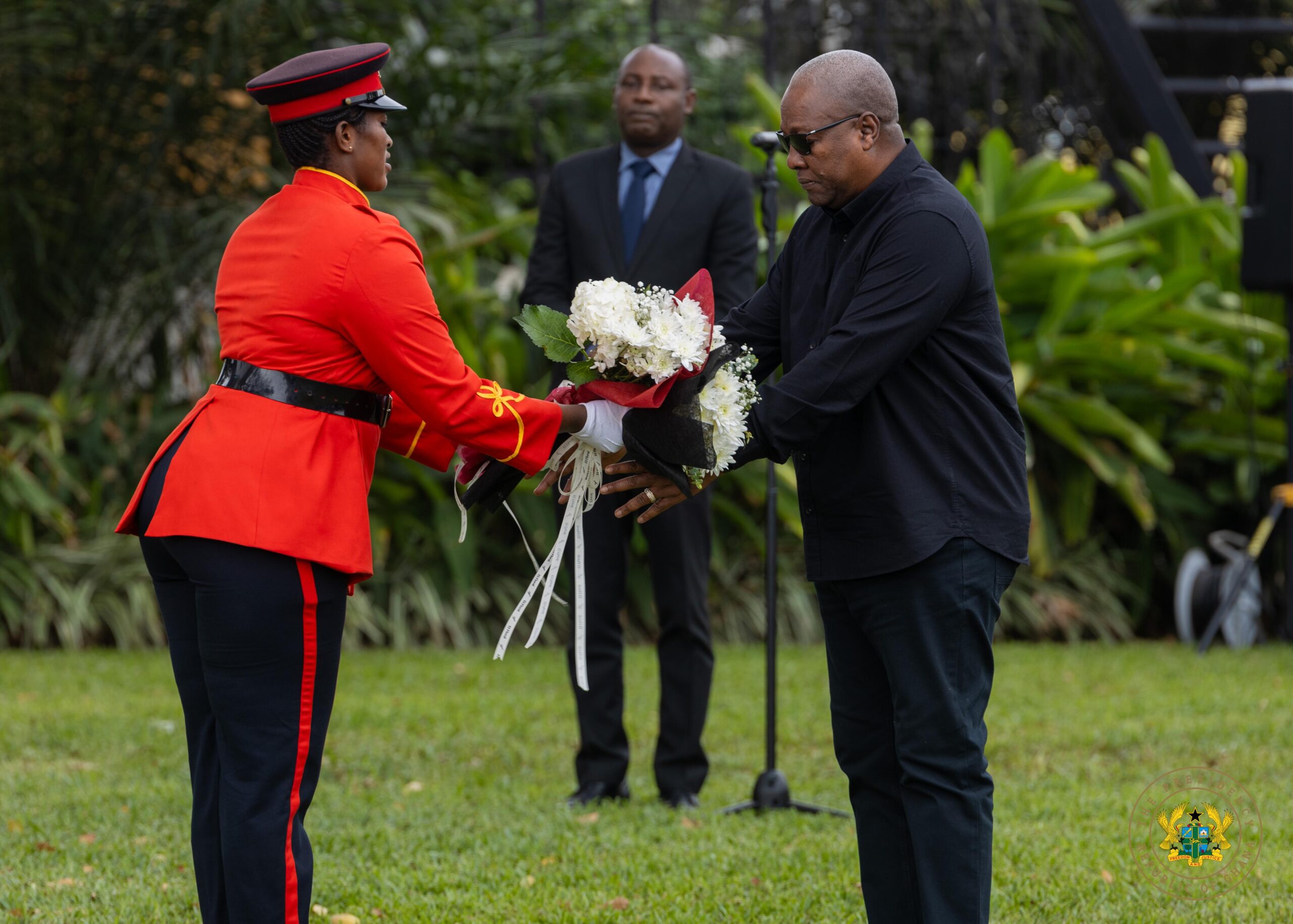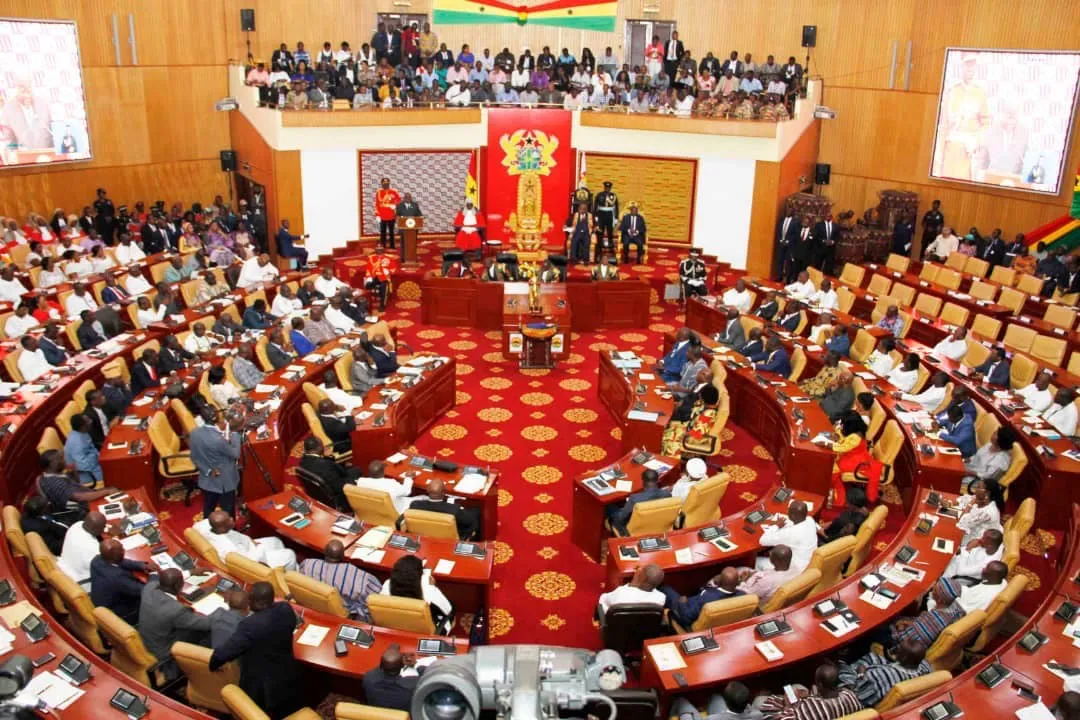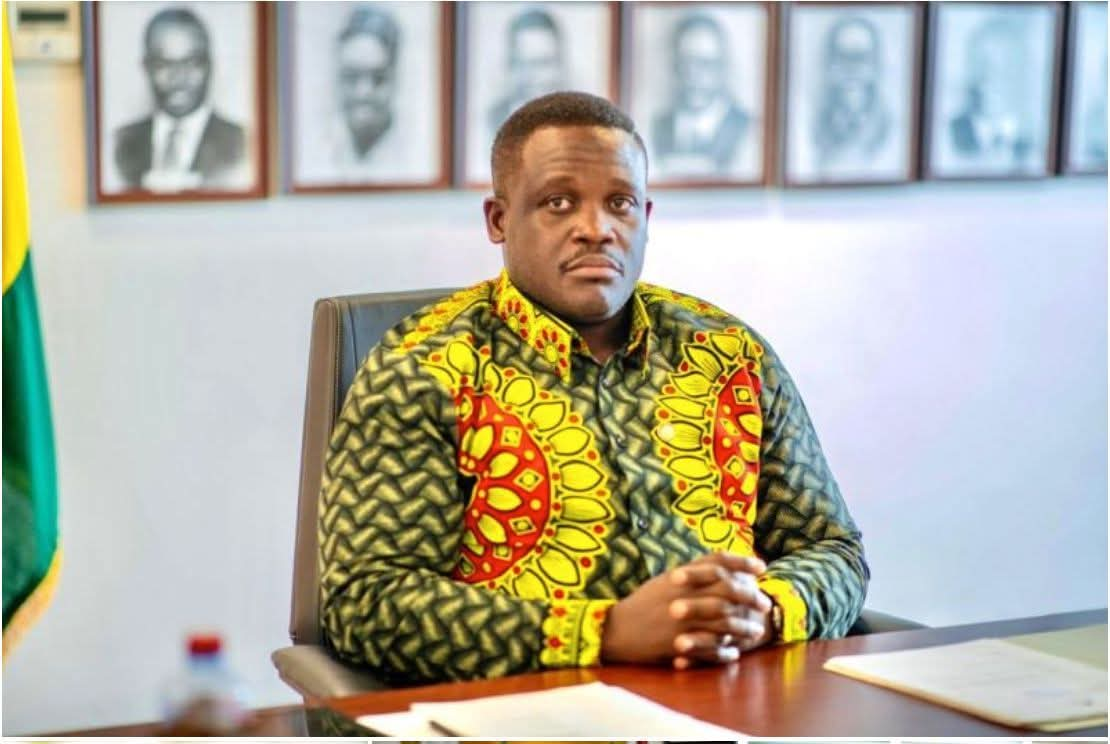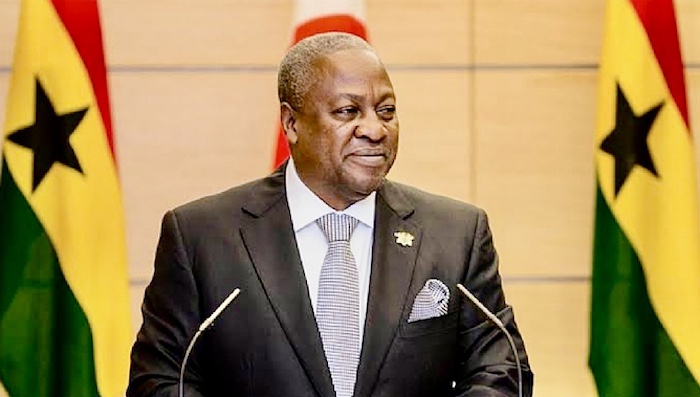Ghana is grappling with a severe shortage of radiographers, a situation experts warn is undermining the early detection and treatment of life-threatening diseases.
Currently, the country has only 800 radiographers serving a population of more than 30 million. The shortage is not unique to Ghana, however; neighbouring Nigeria, with over 200 million people, reportedly has just 200 clinical radiographers.
Health experts say the gap has left many patients unable to access timely diagnostic services for conditions affecting internal organs, increasing the risks of late diagnosis and complications.
According to Dennis Amartey Ahia, President of the Ghana Society of Radiographers (GSR), Ghana has not recruited new radiographers since 2019, largely due to external economic policy restrictions.
Another major obstacle is the prohibitive cost of training radiographers. Professor Eric Kwasi Ofori, Head of the Imaging Department at the University of Cape Coast, explained that training a postgraduate student in radiography abroad costs between £15,000 and £20,000 per year, while a PhD takes at least four years.
“It’s a challenge, so we have developed a curriculum locally and need government support,” Prof. Ofori said.
The problem is even more critical with radiologists, who interpret medical images. Ghana has just 93 radiologists, meaning each one serves nearly 400,000 people. This forces many patients to travel long distances for specialised services, often resulting in treatment delays and serious health consequences.
To help close the gap, the Ghana Society of Radiographers is advocating for an expanded scope of practice that will allow radiographers to interpret basic medical images.
Speaking at the International Society of Radiographers and Radiological Technologists Conference and the GSR Triennial Conference for English-speaking countries, Mr. Ahia told Citi News:
“We as radiographers are opening our scope to be able to interpret the X-ray so that the patient won’t need to travel to find the 93 radiographers in the country.”
Health professionals say unless government increases recruitment, invests in local training programmes, and expands radiographers’ responsibilities, the shortage will continue to undermine Ghana’s healthcare system.


















